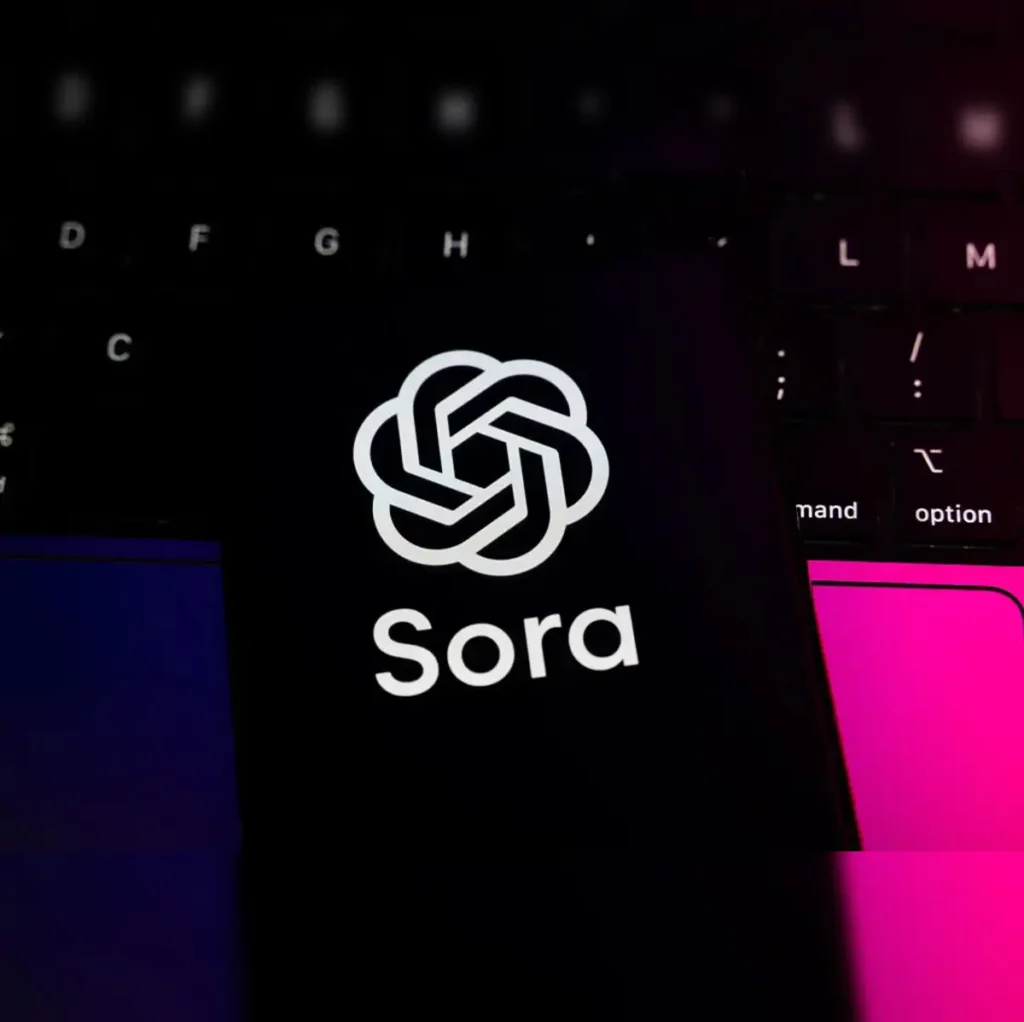OpenAI has unveiled upcoming updates to its Sora video generation tool, designed to give content creators and rights holders control over how their characters, likenesses, and works are used in AI-generated videos. The company also plans to introduce a revenue-sharing system, compensating creators when their intellectual property (IP) is used with consent.
“We believe creators should have control and benefit when their work fuels creativity in AI tools,” said an OpenAI spokesperson.
Advertisement
Protecting Intellectual Property in AI Video
The updates will enable verified rights holders—including filmmakers, game studios, visual artists, and brands—to define usage permissions within Sora. Creators will be able to control:
- Which characters or works can appear in AI videos
- Contexts and scenarios allowed for usage
- Whether derivative works are permitted
For creators who opt in, OpenAI plans a monetization layer, distributing revenue based on engagement, licensing terms, or content viewership.
Experts view this as a major step in aligning AI creativity with copyright law, addressing concerns about deepfakes, unauthorized use, and fair compensation.
“If executed well, this could set a new precedent for AI transparency and creator compensation,” said Emily Zhao, AI ethics researcher at Stanford University.
Sora’s Growing Role in Generative Media
Since its launch, Sora has impressed with its ability to generate photorealistic videos from text prompts, though concerns around data sourcing and copyright have persisted. By introducing rights controls, OpenAI aims to build trust among creators and satisfy regulatory expectations for AI content attribution.
“By giving rights holders a seat at the table, OpenAI is showing that innovation and creator rights can coexist,” said a media analyst from The Verge.
Revenue Sharing Could Set Industry Standards
OpenAI’s revenue-sharing framework may influence how other AI companies—like Google DeepMind, Anthropic, and Runway—approach creator monetization. Integration with OpenAI’s ecosystem, including ChatGPT Plus and API applications, could allow creators to track earnings automatically.
The company also hinted at using blockchain-style transparency logs to ensure clear traceability of content usage.
“This is the kind of forward-thinking infrastructure that could redefine digital rights management in the AI era,” said venture analyst Mark Reynolds.
Toward Ethical and Inclusive AI Creativity
These updates reflect OpenAI’s strategy to position Sora as a responsible AI tool that balances innovation with fairness. If successful, Sora could become the first major AI video platform with built-in rights management and monetization, setting a benchmark for ethical AI content generation.
“The creative economy of the future must include everyone—from developers to artists. We want Sora to embody that philosophy,” OpenAI CEO Sam Altman stated.

